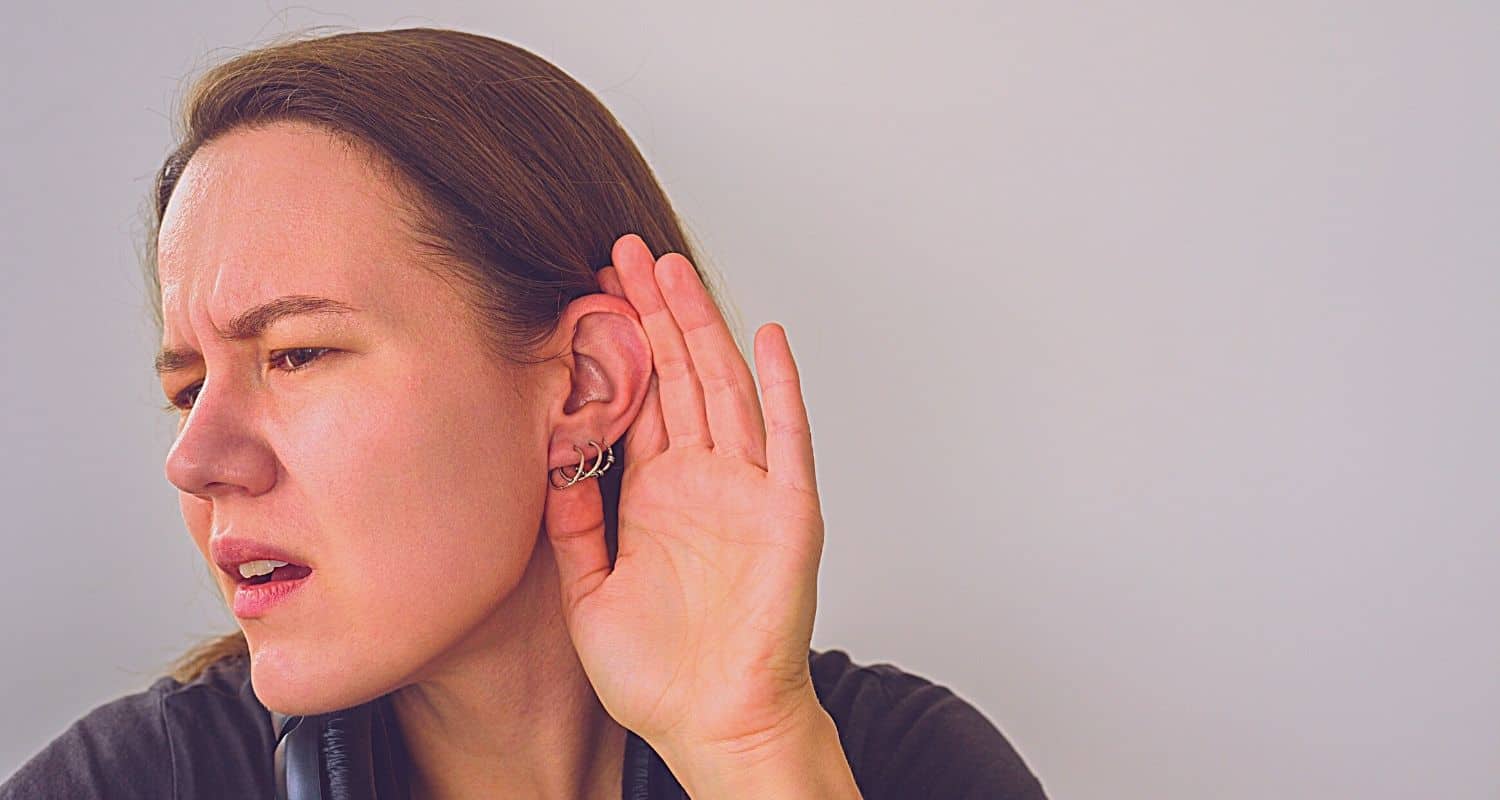
Hearing loss affects roughly 20 percent of the global population, amounting to somewhere around 1.5 billion people. With so many affected by this condition, you might be surprised to learn that there is a vast mythology that has arisen about it. It would seem that if so many people have hearing loss, then we would have a pretty good sense of the facts about it, including the facts about hearing aids. However, some powerful myths remain in the minds of the public. People use these myths to justify putting off getting help for hearing loss, and the effects can be quite serious. Those who have untreated hearing loss even have higher risk of cognitive decline and dementia, so these myths should be taken quite seriously. Let’s unpack a few of these myths, accompanied by the facts to set the record straight.
Myth: Hearing loss is only a problem for old people.
Fact: Although hearing loss is most common among aging populations who can develop age-related hearing loss, known as presbycusis, hearing loss is actually proportionally on the rise among younger age groups. Compared with the past, more young people and young adults are showing signs of hearing loss. Many experts attribute this change to new audio technologies, such as portable streaming devices and smartphones, as well as earbuds and headphones. Although hearing loss can indeed happen later in life, that doesn’t mean you shouldn’t be concerned with hearing health as a younger person, as well.
Myth: Hearing aids aren’t very effective.
Fact: Many people base this myth on older models of hearing aids that had issues with reducing background noise or producing whistling feedback. Hearing aid technology has advanced dramatically from those days, and the latest hearing aids can transform the audio signal they receive from the world into something precisely tailored to individual needs. For instance, many hearing aids now use voice-recognition technology to isolate the voice of a speaker in a room full of other voices, and users can adjust the settings with an app on a smartphone, making it possible to boost certain sounds while reducing others. These features are not just bells and whistles but amount to more effective hearing aids on the whole.
Myth: Hearing aids will make me seem old.
Fact: Hearing aids help you communicate better, and that improved ability can actually make you seem younger than ever. When you are asking others to speak up or to repeat themselves, this actually can come across as a limitation, and family members may even worry about your continued independence if you are unable to communicate your needs in an urgent or emergency situation. Hearing aids can renew your ability to communicate easily with others, relieving the anxiety that your family and loved ones might have about your ability to care for yourself and communicate with emergency personnel in a crisis.
Myth: Hearing aids aren’t worth the cost.
Fact: The benefits of getting treatment for hearing loss, taken as a whole, add up to an undeniable value. Not only are those with hearing aids better able to carry out their daily functions unassisted, but they are also akin to making an investment in their future health and wellness. Down the road a person with hearing loss is more likely to develop physical health conditions, to experience mental health issues, to feel social isolation, and even to develop dementia and other forms of cognitive decline. These conditions are not only detrimental to their wellbeing but also costly. Sadly, those with untreated hearing loss also tend to have lower incomes than their counterparts in the workplace.
It seems that hearing loss leads to inefficiency at work that can amount to dollars and cents in the long run. With these many aspects of value in mind, the cost of hearing aids is easily offset by the many benefits that are in store. If you have noticed an issue with hearing ability, take stock of your own belief in some of these myths. If they are keeping you from getting assistance for your hearing, don’t delay getting the help you need. We are only a phone call away, and a hearing test is the first step toward better hearing.
